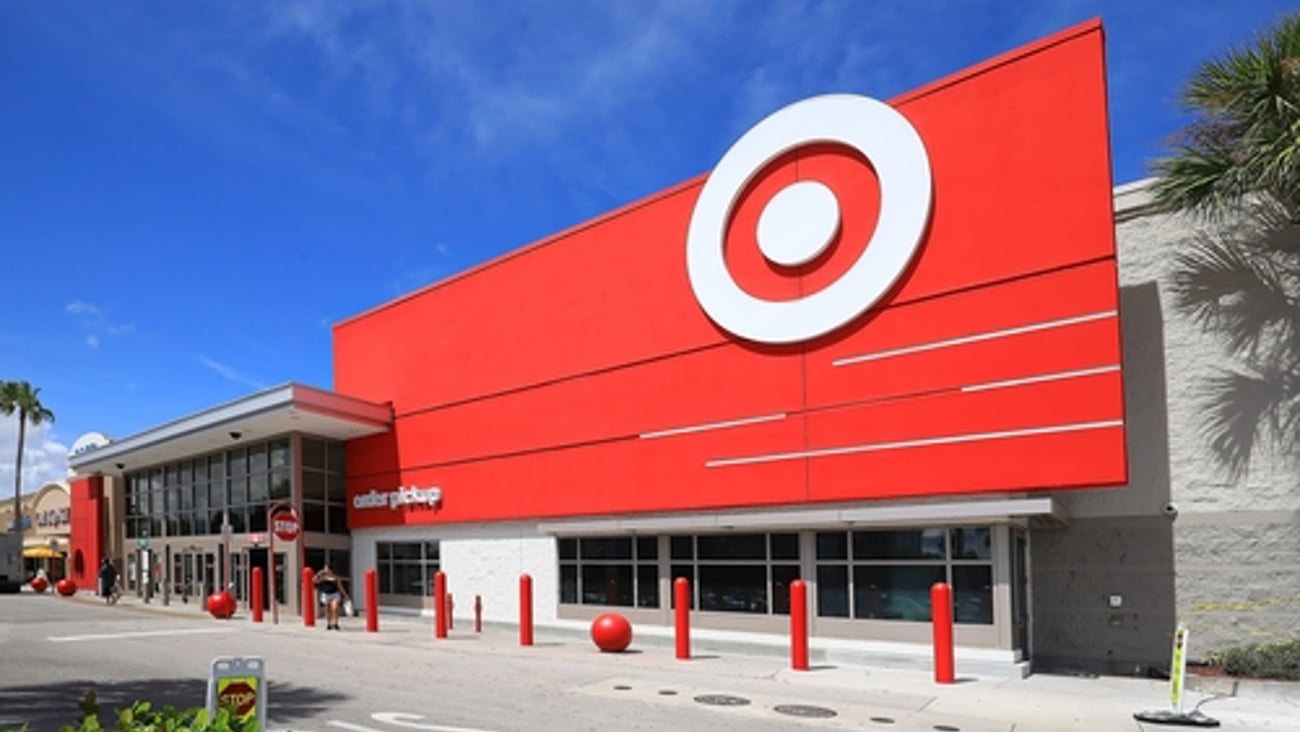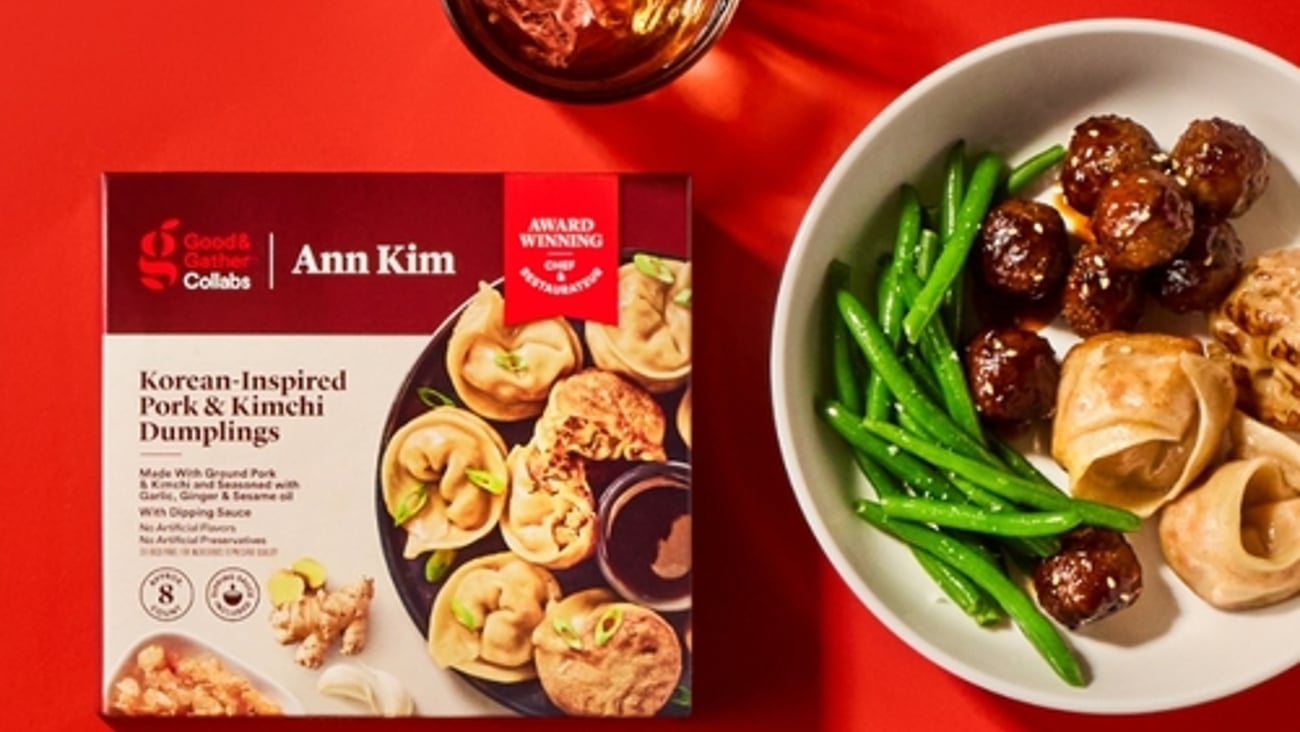By doing good deeds, retailers can build their brands as companies that care
I’m hearing industry people talk more about store brands not just as products but as principles, meaning leveraging their own brands to do something good for the communities where they are based.
John Gerzema, CEO of Harris Insights and Analytics, spoke on this topic recently at the Private Label Manufacturing Association’s Annual Meeting & Leadership Conference in Bonita Springs, Fla. While private brand products have always been known for having a lower price, Gerzema stressed that retailers are realizing that it’s not just about offering a better value on products; it’s about driving values such as implementing programs to reduce food waste and hunger or improving education in their communities. By doing so, these retailers are building their reputations as companies that care.
When I think of The Kroger Co., I not only think of the Cincinnati-based retailer’s stellar lineup of private brands, I also think of Kroger’s Zero Hunger/Zero Waste initiative, which it implemented last year to end hunger in the communities Kroger calls home and to eliminate food waste across the company by 2025. When I think of Rochester, N.Y.-based Wegmans Food Markets, I think of the company’s longstanding reputation for altruism in addition to its popular private brand products.
So, yes, I would absolutely shop at Kroger and Wegmans, not just for their products but for the good they are trying to do in a world where not enough good is getting done, especially by our government.
Gerzema calls it a shift from “private label” to “public label.” He says it’s not about politics, but about activism and capitalism. I’d like to believe that retailers are doing it more for the former, but their actions are bound to resonate on the bottom line.
“These companies are stepping in and trying to do something for society,” he says. “They are taking their corporate reputations and applying it to their branding and marketing. … I would argue that reputations are driven by retailers as a manifestation of their values. And your corporate reputation is actually super important in helping to drive differentiation.”
Note that Gerzema used the word “differentiation,” a word that retailers hear many times a day in reference to their private brand product mixes. But Gerzema stresses that retailers can also differentiate themselves by viewed as public assets for their benevolence. In fact, Gerzema says such advocacy is another form of innovation.
Trust is a huge factor when it comes to private brand products. Gerzema points out that trust among consumers for brands and companies has eroded significantly since the financial crisis in 2008. How can brands and companies regain trust? Well, instituting a “public label” program and becoming a “human visionary for public good” can sure help, he adds. And guess what? That trust gained through good deeds done will extend to a retailer’s private brand products.
“It’s not about what a company says, it’s about what the company does,” Gerzema states.
If you’re only thinking of your private brands as products, it’s time to change your thinking.





